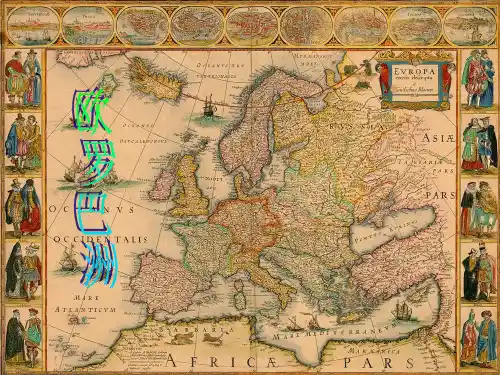1
ANCIENT GREECE AND THE HELLENISTIC AGE
The history of Ancient Greece runs from 2000 BC until the Romans conquered the country in 146 BC can be 5 ages: Bronze Age, Iron Age, the Archaic Age, the Classic Age and the Hellenistic Age. These 5 ages recorded Ancient Greece from founding to flourishing and then collapse. Ancient Greece have made great contribution to Western culture. They achieved so much in politics, literature, art and philosophy. Why? The reasons probably connected with Greeks' tolerance both of religion and of ideas and their love of balance and harmony.
Movie: The Red and the Black
6
The seventeenth century
The principle question that arose on the seventeenth century was to do with authority. In Politics it was about who had the right to authority and in what ways it should be used. In Philosophy it was a question of where authority lies, within the individual or outside of the individual. In science it was to do with establishing the authority of evidence through the use of scientific method. In religion it was about whether authority lies with the individual or with the church. The seventeenth century produced opposing forms of government which would continue to struggle with each other until the twentieth century. It also produced the tools, which enabled both theorists and practically minded people of the eighteenth century to do four things—to analyze, to classify, to secularize and to industrialize.





![欧洲简介、[PPT课件]](https://uimg.taocdn.com/9cd55100fad6195f312ba63a.webp)




